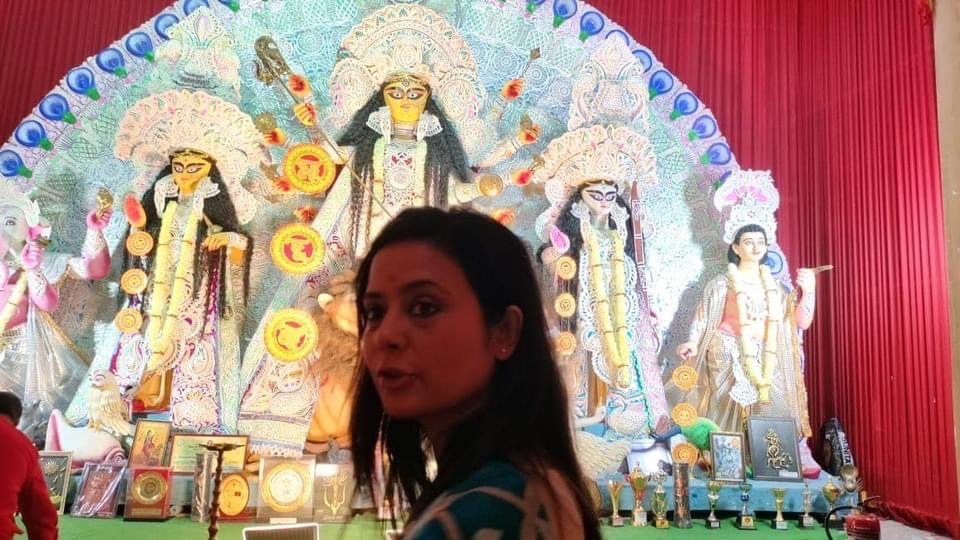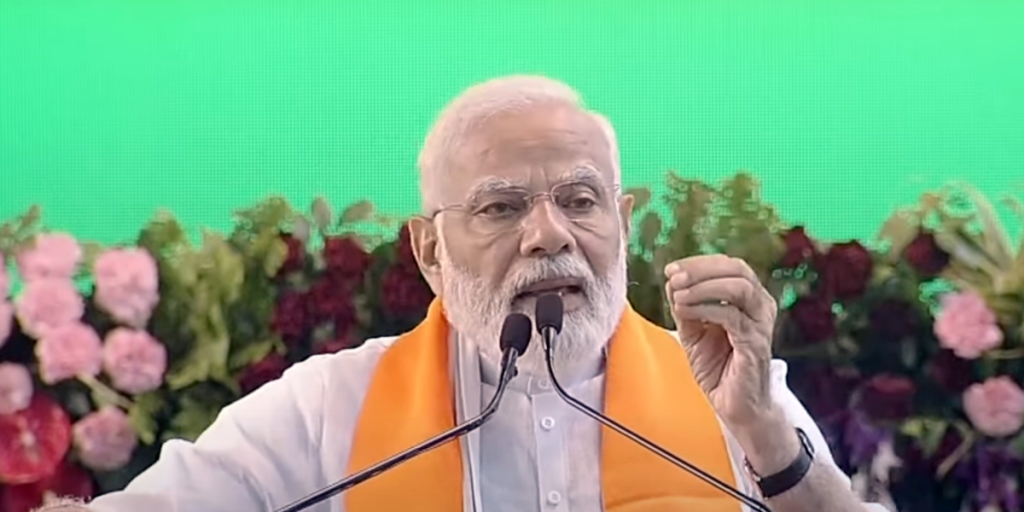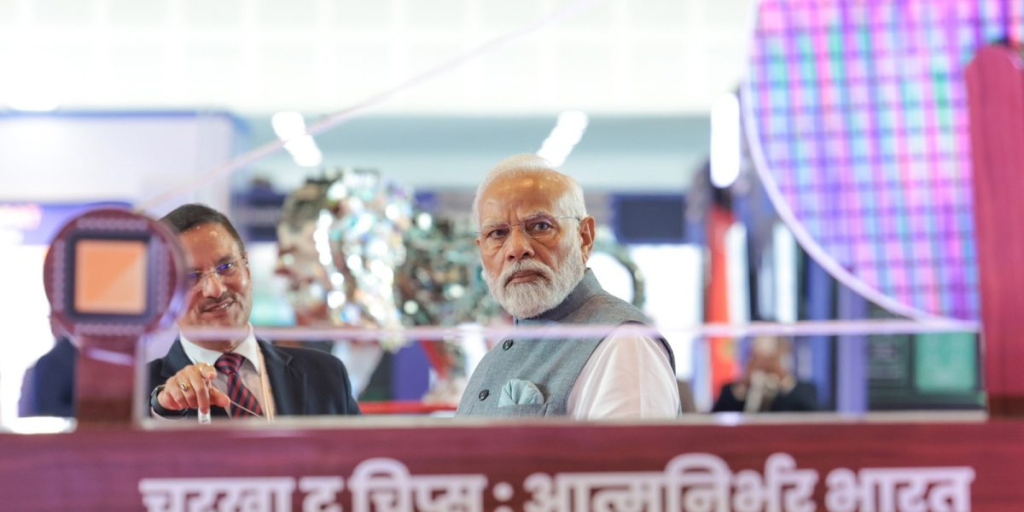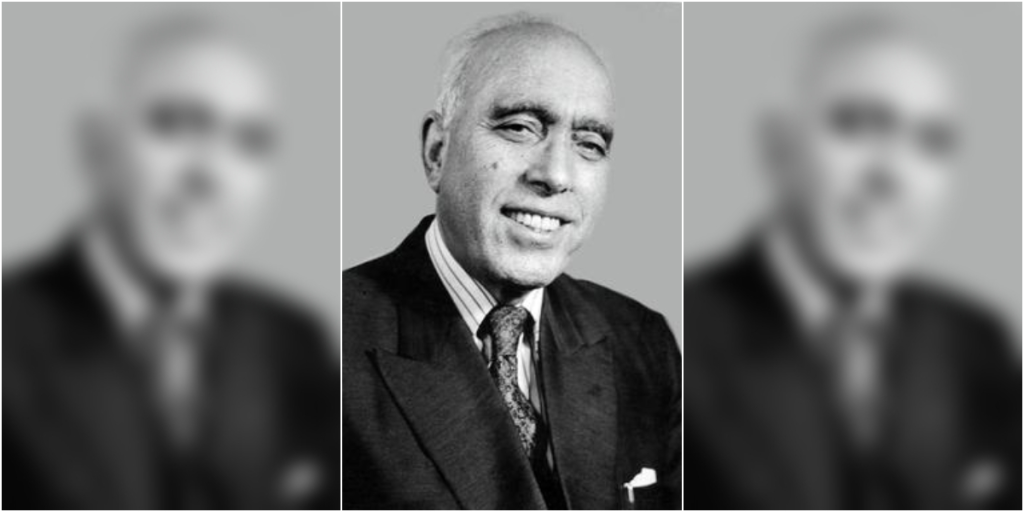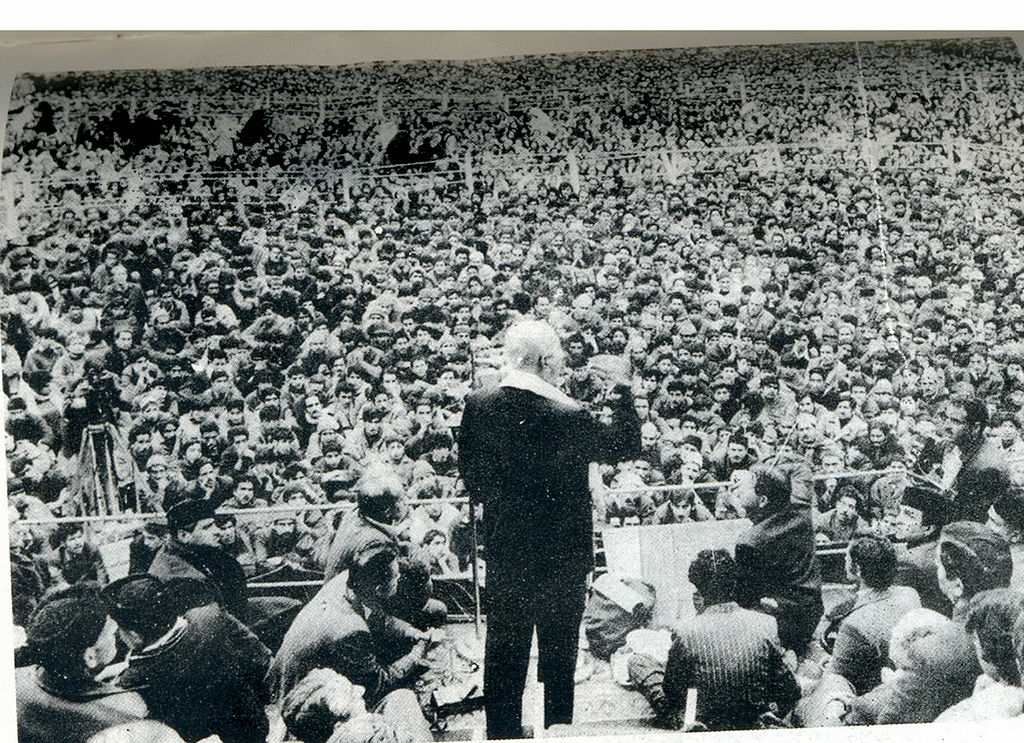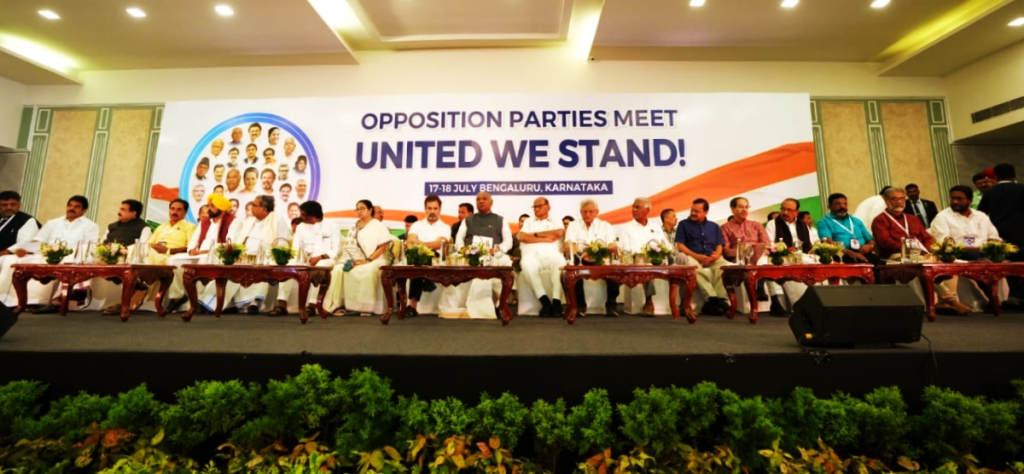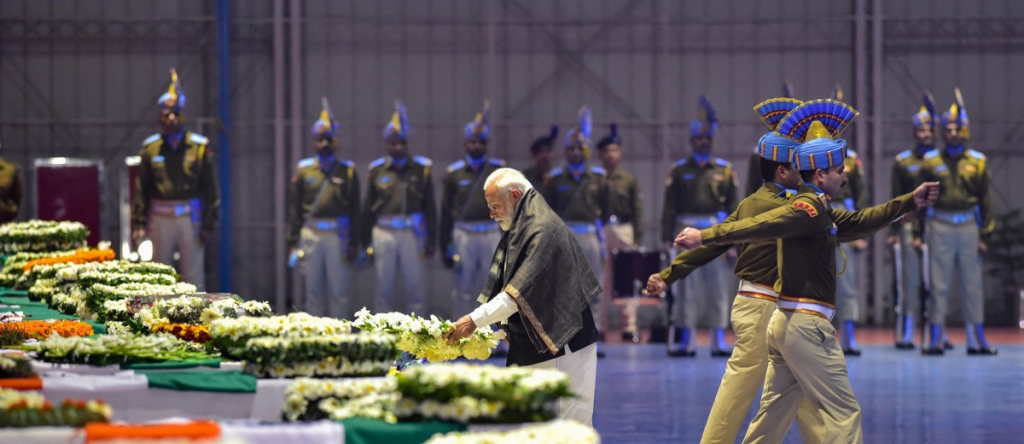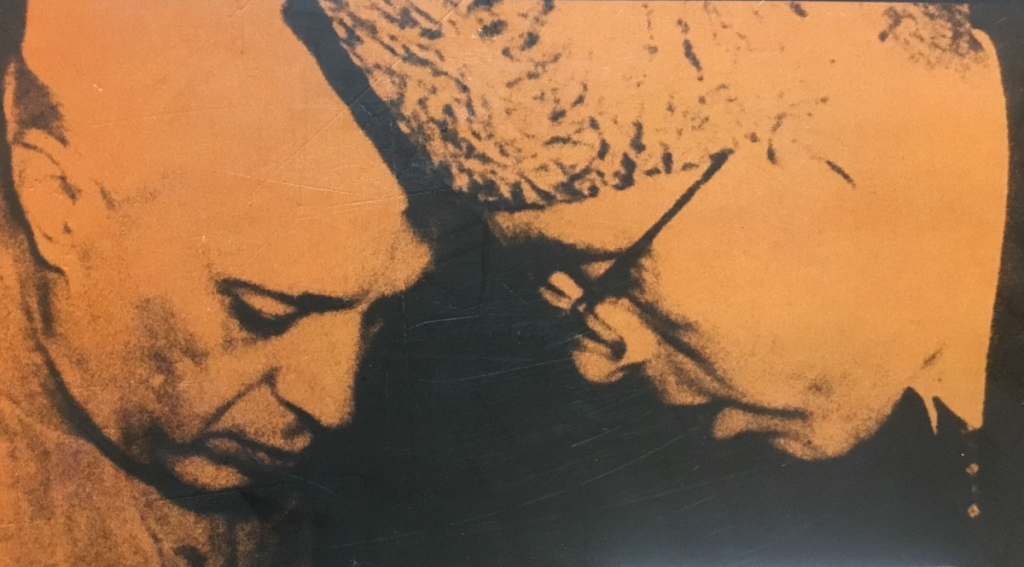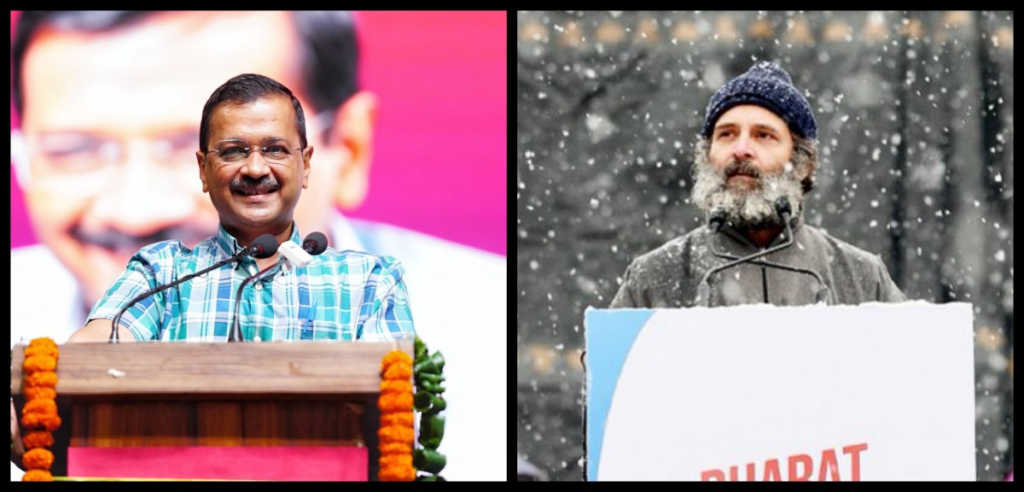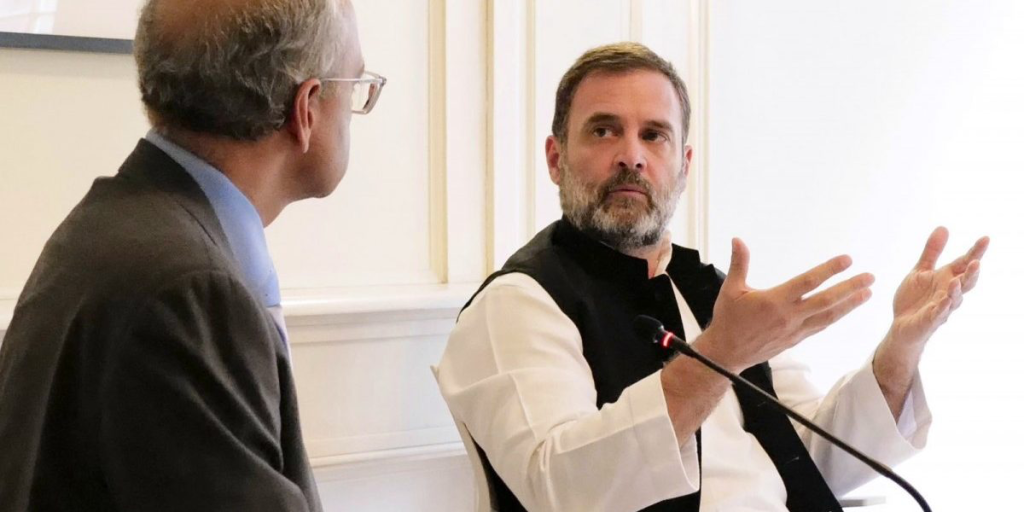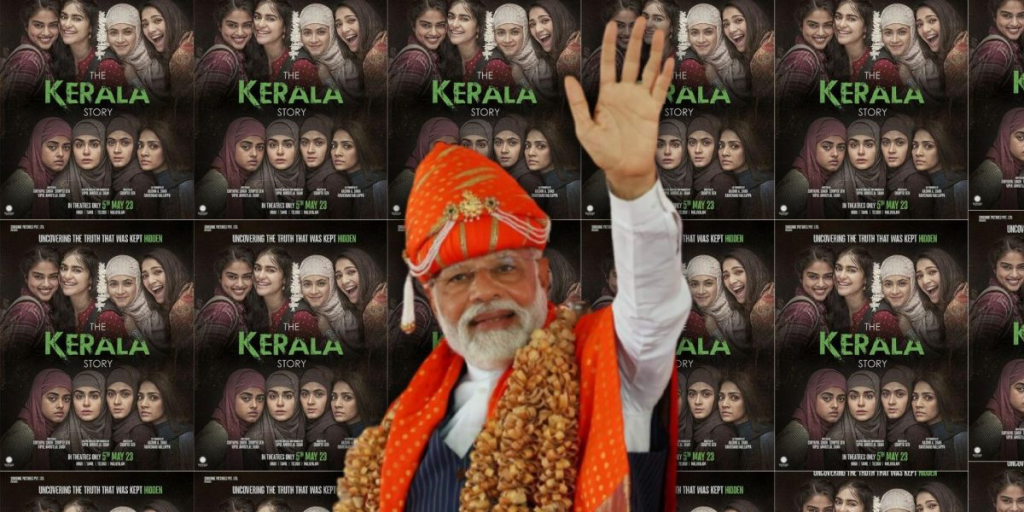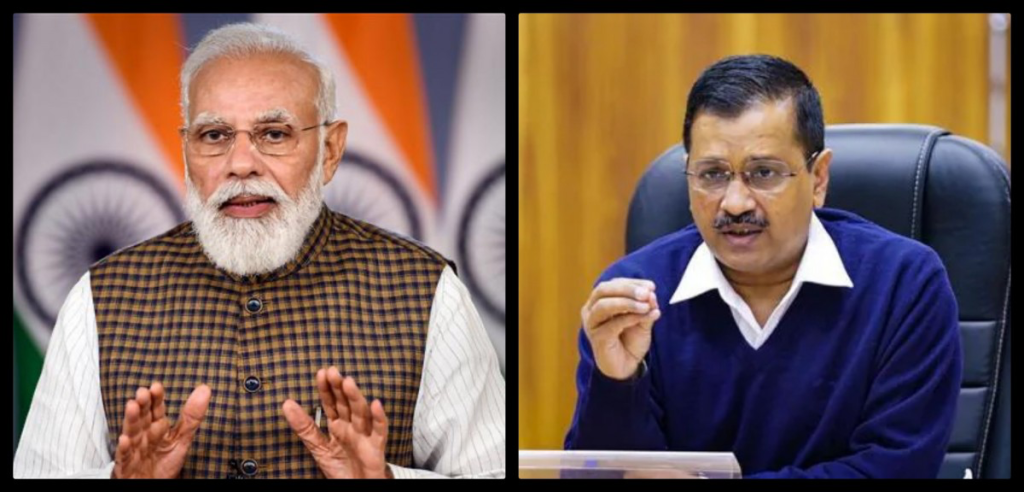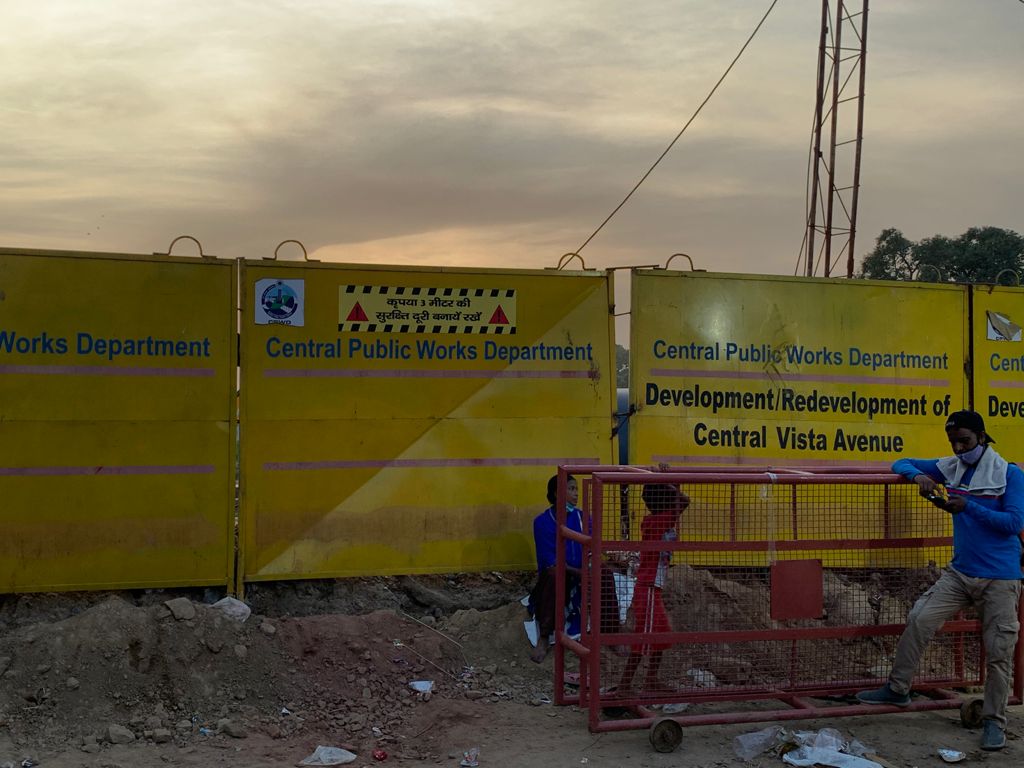The answer almost certainly lies buried in the ongoing rapid privatisation of port and LNG terminal development that has taken place during Modi’s prime ministership.
Mahua Moitra. Photo: X/@MahuaMoitra
In the ten years since Narendra Modi came to power in Delhi, his political party, the Bharatiya Janata Party, has dragged India down from a pinnacle of moral esteem in the world, into the gutter of hate, murder and state planned assassination. The US Department of State’s country report on human rights violations in India summarises India’s descent into the lower circles of Hell as follows:
“Significant human rights issues included credible reports of: unlawful and arbitrary killings, including extrajudicial killings by the government or its agents; torture or cruel, inhuman, or degrading treatment or punishment by police and prison officials; harsh and life-threatening prison conditions; arbitrary arrest and detention; political prisoners or detainees; arbitrary or unlawful interference with privacy; restrictions on freedom of expression and media, including violence or threats of violence, unjustified arrests or prosecutions of journalists, and enforcement of or threat to enforce criminal libel laws to limit expression; restrictions on internet freedom; interference with the freedom of peaceful assembly and freedom of association; restrictions on freedom of movement and on the right to leave the country; refoulement of refugees; serious government corruption; harassment of domestic and international human rights organizations”; (and) “crimes involving violence or threats of violence targeting members of national/racial/ethnic and minority groups based on religious affiliation, social status or sexual orientation…A lack of accountability for official misconduct persisted at all levels of government, contributing to widespread impunity. …Lax enforcement, a shortage of trained police officers, and an overburdened and under resourced court system contributed to a low number of convictions.”
This was where the BJP had already taken India in the esteem of the world, before the government’s alleged plans to assassinate prominent Khalistanis in the US and Canada were exposed by the West’s ‘Five Eyes’ intelligence consortium. But the expulsion of Mahua Moitra from Parliament, on the basis of a report by an Ethics Committee from which the entire opposition had walked out in protest against the demeaning, sexual innuendo-loaded questions that its chairman, Vinod Kumar Sonkar ,was asking, reeks of a sexual misogyny that has brought shame upon our parliament and country across the entire world.
The BJP has accused Moitra of almost everything it could think of. Chief among the grounds given for her expulsion is her alleged “highly objectionable, unethical, heinous and criminal conduct” before the committee. But even a cursory examination of the record of its meetings shows that Moitra treated the committee with respect, and answered every question relating to the allegations made by her detractors fully. In her replies, which occupy 16 long paragraphs spread over pages 32 till 40, she remained deferential and gave detailed explanations of her actions throughout.
The kernel of the charge Moitra faced was that she had given her login and password to an unauthorised person, Darshan Hiranandani, and allowed him to send in questions in her name that were designed to damage the reputation of Narendra Modi and his government. By doing this she had breached confidentiality and endangered national security. What the committee did not explain was how anyone could have uploaded a question in her name without sending an OTP, as is required in India by all online business transactions, and is mandatory for MPs filing questions in Parliament.
That OTP had to come from Moitra’s phone, and so any verification would necessitate Moitra’s involement. So no matter who had given Moitra the information upon which she based a question in parliament, and who typed and mailed it for her, once she had sent the OTP, it became her question. If she sent the question to Hiranandani, which the records show she undoubtedly did, it would not only have been to get it typed, which is admittedly a not very credible reason, but for verification of the facts that she was citing. That is something every responsible journalist does, so why should a member of parliament not do so in matters of infinitely greater importance?
In fact even her explanation that she had sent her parliamentary questions to Hiranandani’s office only for typing and uploading on the net because these can no longer be submitted in handwritten form, was not a subterfuge. For the Ministry of Electronics and Information Technology had confirmed to the committee that all of her 61 questions, of which 90% had little or nothing to do with the Hiranandani enterprises, had also been posted from his Dubai IP address.
It was only when the committee chairman, Sonkar asked her five questions that, taken together, insinuated that she was loose woman having an affair with Hiranandani, and was giving him sexual favours for information with which to attack the Modi government, that she stormed out. The questions were: i) What is your relationship with Darshan Hiranandani? ii) How many times did you visit Dubai? (iii) Where did you stay iv) in which hotel; v) Did you meet Darshan Hiranandani there? It was the fifth question that made her lose her temper and storm out. Every self-respecting woman, whether an MP or not, would have done the same.
When Sonkar asked these questions, the committee had already been informed that Moitra had visited Dubai only four times in nearly five years – hardly often enough to sustain a clandestine affair – and that the timing of her visits was not even remotely connected with the timing of the questions she had posed to the petroleum and natural gas ministry. Moitra did not know this, so she had responded to the accusation, indirectly supported by Hiranandani’s affidavit, that the idea of her being able to force a dollar trillionaire with a vast international construction company – a Unicorn – to do anything illegal was ludicrous.
But Sonkar ignored all this and deliberately asked her questions that invaded her privacy, and would have been resented by any self-respecting woman, and drove her into losing her temper and storming out. Sonkar succeeded, knowing that this would make any further inquiry into her actions before recommending her expulsion superfluous. He will no doubt be rewarded in due course as Anurag Thakur and Kapil Mishra were rewarded after the police firing upon Shaheen Bagh protestors and the North-East Delhi communal violence in 2020.
The question no one has asked
The question no one has asked is, what was the Modi government’s tearing need for hurry that made the government target and destroy Mahua Moitra now? So great was the BJP’s hurry that it could not give the members of the Ethics Committee even a day to read its 495 page report, took less than 30 minutes after Moitra stormed out of the final hearing to recommend her expulsion from the Lok Sabha, and carried this out the very next day?
The answer almost certainly lies buried in the ongoing rapid privatisation of port and LNG terminal development that has taken place during Modi’s prime ministership. This began in 2018, and has gathered momentum rapidly since then. The principal, but not only, beneficiary of this shift from reliance on the public sector has been the Adani group of enterprises. A second major player has been H-Energy, an increasingly important part of the Hiranandani group. In Bengal, the competition between these groups was won by the Hiranandani group. In Odisha, Andhra Pradesh and elsewhere, it is being won mostly by the Adani group.
On January 9, 2019, H-Energy, the energy arm of the Hiranandani group, entered into negotiations with the Calcutta Port Trust to set up an initially three, and eventually five, million tonnes a year Liquefied Natural Gas (LNG) terminal at Kukrahati, near Haldia port. These negotiations were completed in February 2021, when the Kolkata Port Trust signed an agreement with it for a project involving an investment of Rs 3,900 core, which would yield gross revenues of around Rs 6,000 crore. The construction of the terminal has been delayed because the group proposes to use Kukrahati for supplying LNG to Bangladesh as well, and is building a 150 km pipeline for this. It is now expected to be completed by the middle of this year.
This is only one of several port and gas terminal projects being planned and executed along the east and west coasts. H-Energy, for example, is partnering with Jindal Steel Works to build an LNG terminal at Jaygarh, in Maharashtra. Essar has won a contract to build a one million tonnes per year LNG facility at Haldia port. But the biggest player in this is the Adani Group, which is building a giant facility at Dhamra port in Odisha, and actively bidding for more contracts in Andhra Pradesh, Bengal and on the west coast.
Absent from this hectic activity is Petronet, the public sector consortium consisting of the Gas Authority of India Ltd (GAIL), Oil and Natural Gas Corporation (ONGC), Indian Oil Corporation (IOCL) and Bharat Petroleum (BPCL), that set up the country’s giant LNG receiving and regasification terminal at Dahej, Gujarat, with a nominal capacity of 17.5 MMTPA (million metric tonnes per annum), and another terminal at Kochi, Kerala with a capacity of five MMTPA. Petronet’s terminals account for around 40% gas supplies in the country and handle around two-thirds of its LNG imports. But today it is nowhere in the scene, and is at most a minor shareholder in a few of the projects that are coming up.
This shift of emphasis has taken pace entirely during the Modi era. So it is not surprising that five out of Moitra’s 91 questions have asked for details concerning the way it has been made. In these she has questioned, among other things, how the Dhamra port LNG terminal project, which began as a proposal by GAIL and ONGC, became a wholly owned Adani enterprise. These questions were posed on July 8, 2019, November 18, 2019 and December 9, 2019. Then, after a 3.5 year gap on March 16, 2023, and then only a week later on March 23, 2023. All of them centred around the way in which the public sector oil and gas companies were being pushed, or shut, out of existing and proposed projects for the construction of LNG terminals and other facilities at the ports being developed on the east and west coasts.
Most of these contracts were ending up with the Adani group. Moitra wanted to know why. To get an answer from the government, she focused on the route by which the group gained full ownership of the LNG terminal planned for Dhamra port in Odisha. Her interest had been sparked by the fact that in 2013, i.e. during the UPA’s rule, GAIL had entered into a contract with the government of Odisha to build a floating LNG terminal at the port of Paradip at a cost of Rs 2,485 crore. But in 2015, a year after the BJP came to power, it withdrew from the Paradip project and took an 11% share in a similar project at Dhamra port, also in Odisha. IOCL, another member of Petronet, took 38%. The other 51% was to be taken by ‘an unspecified partner’. That partner turned out to be the Adani group.
That was only the beginning of the shift. Another two years later, GAIL and IOCL both withdrew from the project, leaving the Adani group the sole owner. This company then signed a 20-year contract to supply three million tonnes a year of LNG to GAIL and IOCL at Rs 60.18 per MMBtu, with an escalation clause of 5% a year. This was a ‘use or pay’ contract, in which the buyers had to pay for all of the contracted amount even if they did not lift it. Moitra claimed that with this assured return, Adani had no difficulty in roping in the French oil and gas giant, Total, as a partner. From the country’s point of view, it was a good deal. But the way in which it was engineered was all wrong.
This was admitted, perhaps unwittingly, by advocate Jai Dehadrai (Moitra’s former lover) himself in the ‘Remarks’ column that he had added to the list that he submitted to the Ethics Committee of the questions that Moitra had posed in Parliament. In these he accused Moitra of targeting the prime minister by asking questions that were designed to show how his government was helping the Adani group to evade the tendering process and violate the guidelines set by the Central Vigilance Commission to acquire the Dhamra LNG project. This was being done by first getting state-owned oil and gas companies to tender for a project, and then making them withdraw in favour of Adani. This, she claimed, was a more sophisticated way of doing what his government had done earlier, to eject GVK from the Mumbai Airport modernisation project and hand it over to the Adani group.
In his determination to punish his ex, Dehedrai went a step further and accused Moitra of repeating these allegations in her March 16 unstarred question this year in the Lok Sabha, solely in order to add to the discomfiture caused to the government by the Adani-Hindenburg exposures. In doing this he unwittingly gave the game away.
On March 16 this year, Moitra had posed the following seven-part question:
“Will the Minister of Petroleum and Natural Gas be pleased to state (a) the details of Indian Oil Corporation Ltd. (IOCL) Memorandum of Undcrstanding (MoU) signed with Adani Ports and Special Economic Zone Limited at Gangavaram Port , duration of contract, take or pay commitments along with price and volume per annum and escalations in the contract;
(b) whether this MoU bas been approved by the Board of IOCL and if so. the details there of (c) whether there is any Government nominee on the Board of IOCL and if so, the details thereof,
(d)whether there is any transaction and if so, the Government’s approval has been taken for such transaction;
(e)whether it is true that IOCL would move its business from Vizag Port to Gangavaram Port and if so, the reasons thereof along with the charges paid to Vizag Port;
(f) whether there are any payment-related commitments at Vizag Port and if so, the details thereof; and
(g) the details of the annual payments and quantities imported by IOCL to Vizag.”
This mammoth query sealed her fate. For if the government answered it, the entire country would see that it was a repeat of what had happened at Dhamra. This would give the still-to-be-born INDIA alliance a golden opportunity to show the country how the Modi government was quietly breaking every rule and convention in order to find ways of handing over their future to a single, highly favoured industrial group, and to start asking what was the quid pro quo.
Moitra had therefore to be to be stopped from demanding an answer in parliament, which is now a televised forum that the whole country watches. The one way to do this was to find a way to expel her from the Lok Sabha. It did this by exploiting a path that she herself had opened, by her behaviour as a single, highly educated and self-confident woman who could choose her friends and lovers – everything that “traditional” Indian women have been trained, or forced, to suppress.
Read More
